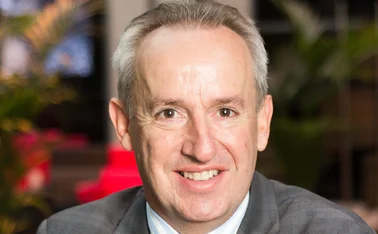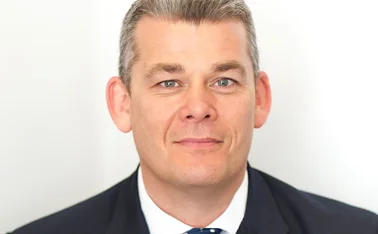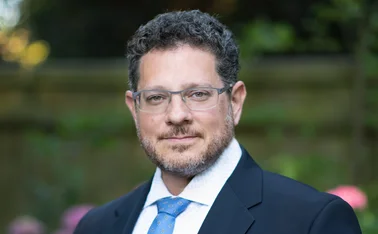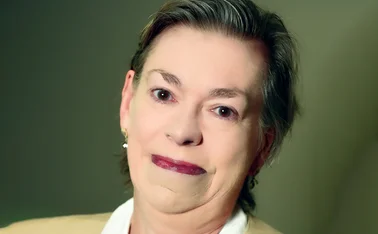
Blog: Not anyone can practise as a loss adjuster

Chris Hall, managing director at Questgates, reacts to Chris Sandilands' proposition of an Uber-style service for claims. In his view, freelancers cannot provide the level of expertise and consistency needed for loss adjusting.
Chris Sandilands makes some valid points when arguing that the loss adjusting process is suited to being disrupted by the ‘gig economy' - and to an extent this is already being utilised by some insurers and their suppliers but the application needs to be appropriate to our industry.
Advances in technology are certainly being embraced. But this is in relation to which and how companies - and not individuals - are engaged, since the Financial Conduct Authority requires insurers to be able to show robust vetting and management of their suppliers.
Furthermore, given Data Protection Act considerations, insurers need to show that they treat customers fairly and that the person attending has the requisite skills and can represent their brand. It is wrong to suggest that this would enable anyone to practise as an adjuster. This is particularly true in respect of large or complex cases where additional technical skills are also required.
There are of course exceptions. As Chris Sandilands points out, for low-value household cases, it is often not economic for a qualified loss adjuster to attend but the claims handler still needs access to information only available from an inspection. The benefit of the type of service envisaged by Sandilands is the speed of response and insurers are increasingly choosing between suppliers on the basis of who has immediate availability of personnel to attend.
However, they will still need to be able to show that the person attending has the necessary technical and customer skills. For liability investigations, we are trialling the use of video streaming, which enables quick attendance and electronic transfer of visual information.
While we do use a mix of our own staff and self-employed personnel to ensure flexibility and speed of attendance, every individual who works for us has to have technical qualifications and skills. They need to be vetted, trained, managed and supported.
An insurer will need to have a team to do this, as many do for example in respect of contractor networks. The use of solely freelancers would not give the necessary level of expertise and consistency and would be too difficult and expensive to manage.
In the past, there was a move by some towards ‘dumbing down' adjusting to reduce costs but this proved to be a false economy leading to increased complaints and leakage.
Chris Hall
Managing director, Questgates

Only users who have a paid subscription or are part of a corporate subscription are able to print or copy content.
To access these options, along with all other subscription benefits, please contact info@postonline.co.uk or view our subscription options here: http://subscriptions.postonline.co.uk/subscribe
You are currently unable to print this content. Please contact info@postonline.co.uk to find out more.
You are currently unable to copy this content. Please contact info@postonline.co.uk to find out more.
Copyright Infopro Digital Limited. All rights reserved.
As outlined in our terms and conditions, https://www.infopro-digital.com/terms-and-conditions/subscriptions/ (point 2.4), printing is limited to a single copy.
If you would like to purchase additional rights please email info@postonline.co.uk
Copyright Infopro Digital Limited. All rights reserved.
You may share this content using our article tools. As outlined in our terms and conditions, https://www.infopro-digital.com/terms-and-conditions/subscriptions/ (clause 2.4), an Authorised User may only make one copy of the materials for their own personal use. You must also comply with the restrictions in clause 2.5.
If you would like to purchase additional rights please email info@postonline.co.uk








